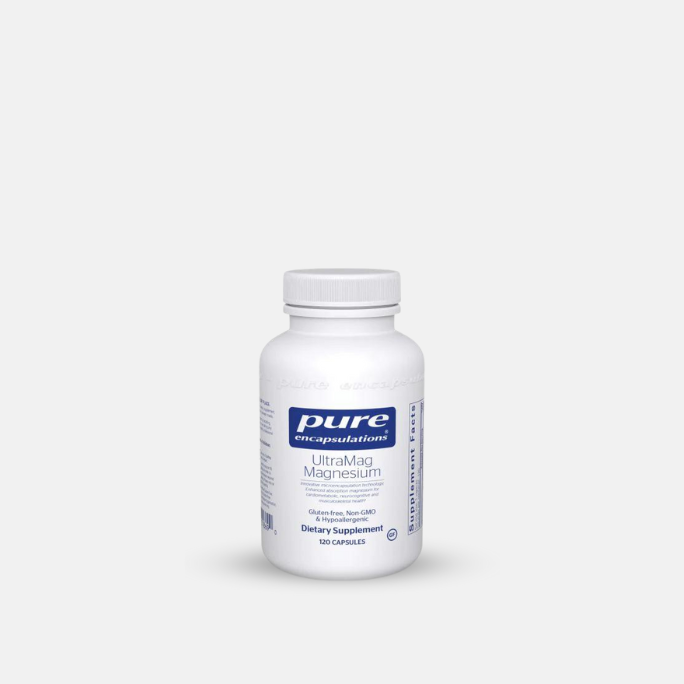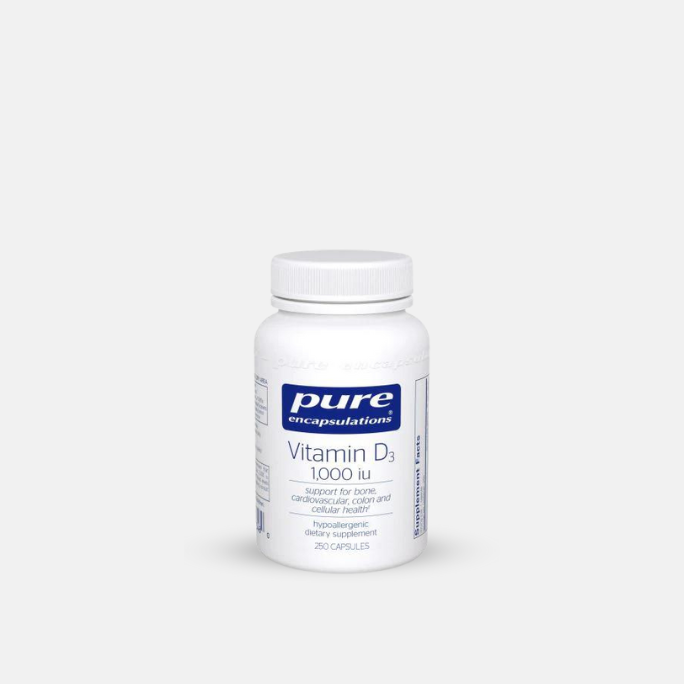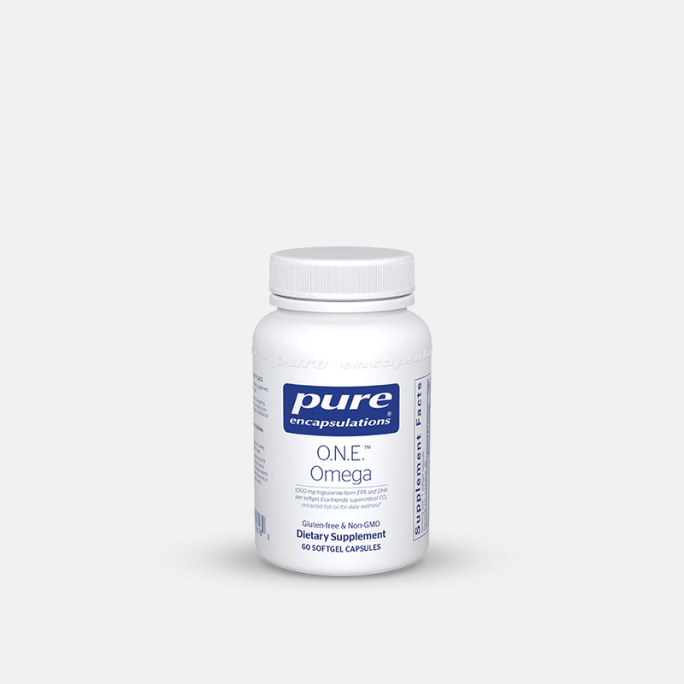In the realm of nutrition, certain vitamins and minerals stand out as superheroes for our well-being. Among these, Magnesium, Vitamin D3, and Omegas are true champions, playing crucial roles in various bodily functions. Deficiencies in these essential nutrients can lead to a myriad of health issues, highlighting the importance of ensuring we meet our daily requirements. Let's explore the significance of each and how you can effortlessly incorporate them into your diet.
Magnesium: The Mighty Mineral

Magnesium is like the unsung hero of the mineral world, quietly working behind the scenes to support our health in numerous ways. From regulating muscle and nerve function to supporting a healthy immune system and maintaining steady heart rhythm, this mineral is truly indispensable.
But where can you find this mighty mineral? Surprisingly, magnesium is abundantly present in many everyday foods that you might not be aware of. Dark leafy greens like spinach and kale, nuts and seeds such as almonds and pumpkin seeds, whole grains like brown rice and oats, and even dark chocolate are rich sources of magnesium. Incorporating these foods into your daily meals can help ensure you meet your magnesium needs.
Additionally, if you're seeking a convenient method to enhance your magnesium intake, consider magnesium supplements. These supplements come in diverse forms like magnesium citrate, magnesium glycinate, and magnesium oxide. It's crucial to prioritize quality when selecting your supplements. Opting for magnesium with high bioavailability ensures better absorption and utilization in the body, thereby maximizing the benefits of the supplement. However, always remember to consult with a healthcare professional before incorporating supplements into your routine to ensure they align with your individual health needs.
Vitamin D3: The Sunshine Vitamin

Often referred to as the "sunshine vitamin," Vitamin D3 plays a crucial role in maintaining strong bones, supporting immune function, and even promoting mood regulation. As we transition into spring, sunlight becomes more abundant, offering a prime opportunity to soak up this essential nutrient. However, even with increased sunshine, many of us still fall short of optimal Vitamin D levels, particularly those who spend most of their time indoors or during the transitional weather of spring.
To ensure you're getting enough Vitamin D3, aim to spend some time outdoors soaking up the sun's rays, particularly during the midday hours when sunlight is strongest. Just a few minutes of sun exposure to your face, arms, and legs can help kickstart Vitamin D production in your skin.
If you find it challenging to get enough Vitamin D through sunlight and diet alone, consider taking a Vitamin D3 supplement. Despite the abundance of sunlight during spring, factors such as limited outdoor time, sunscreen use, and geographic location can still hinder adequate Vitamin D production in the body. Therefore, supplementation can be a valuable addition to your health regimen.
Opt for Vitamin D3 supplements, as they are derived from the same form produced in the body when exposed to sunlight. This makes them more effective at raising and maintaining Vitamin D levels compared to Vitamin D2 supplements. Additionally, Vitamin D3 has been shown to have a longer half-life in the body, providing sustained benefits over time. However, it's crucial to reiterate the importance of selecting high-quality supplements from reputable brands. Ensuring purity and potency is paramount to reap the full spectrum of benefits offered by Vitamin D3 supplementation.
Omegas: Essential Fatty Acids for Optimal Health

Omega-3 and Omega-6 fatty acids, collectively known as omegas, are essential fats that our bodies need for various functions, including brain health, heart health, and reducing inflammation. While Omega-6 fatty acids are abundant in many oils and processed foods, it's Omega-3s that often fall short in our diets.
To ensure you're getting enough Omega-3 fatty acids, focus on incorporating fatty fish such as salmon, sardines, and trout into your meals at least twice a week. Plant-based sources of Omega-3s include flaxseeds, chia seeds, hemp seeds, and walnuts. Adding these to your salads, smoothies, or oatmeal can be a delicious and nutritious way to boost your Omega-3 intake.
If you're not a fan of fish or plant-based sources, Omega-3 supplements are widely available. Look for Omega supplements that contain both EPA (eicosapentaenoic acid) and DHA (docosahexaenoic acid), the two most beneficial forms of Omega-3 fatty acids. These supplements can be particularly beneficial for individuals who don't consume enough Omega-3-rich foods.
Incorporating Magnesium, Vitamin D3, and Omegas into your daily routine doesn't have to be complicated. By making small, mindful choices in your diet and considering supplements, when necessary, you can unlock the full potential of these essential nutrients and support your overall health and well-being. Remember, it's the little steps that lead to big improvements in your health journey.






















